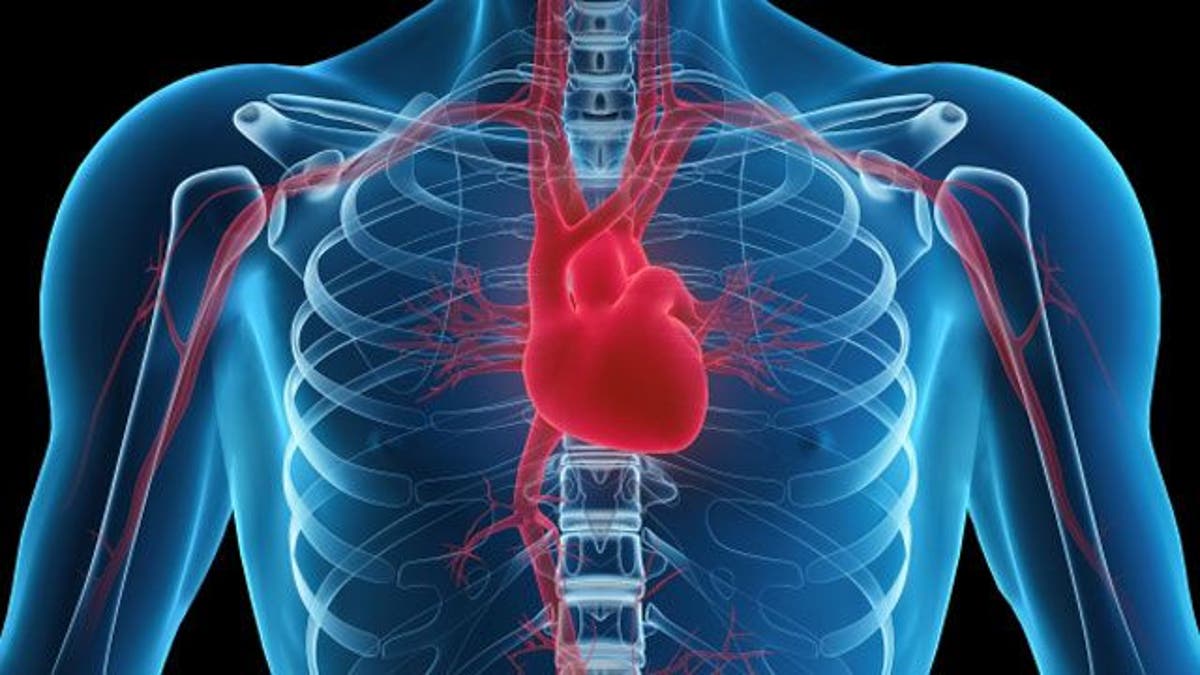
How different is a woman’s heart from a man’s?
Well, previous studies have shown women have smaller coronary arteries, women have less heart attacks than men in their pre-menopausal years (probably due at least in part to estrogen protection), and female smokers are at least 25 percent more prone to heart attacks than are male smokers.
For most people, a heart attack occurs either once in a lifetime or not at all. This means that the vast majority of us have no idea what the symptoms of an impending heart attack feel like. Yet when one is happening, the quicker we and our doctors recognize the symptoms, and the quicker we respond, the better a person’s chances.
A new Florida study just published in the Journal of the American Medical Association shows that women, especially those under the age of 55, are more likely to have atypical symptoms from an impending myocardial infarction than are men. This means care is delayed (aspirin, heparin, and cardiac catheterization), and more women die (14 percent versus 10 percent of men).
The study examined data from the National Registry of Myocardial Infarction for over a million people from 1994 to 2006 and found that women were much more likely than men (42 percent to 30 percent) to present without typical chest pain, jaw pain, or left arm symptoms.
There are limitations to this study: It is observational only and doesn't really explain the reason women have less chest pain. There is also the possibility that symptoms are not being reported accurately.
Nevertheless, this study is a wake-up call for doctors to be more on the look-out for atypical symptoms for heart attacks, including fatigue and nausea, especially in women. I believe doctors in general should widen their net for doing an EKG to check the heart and send patients at risk to the hospital for early intervention.
Always better to err on the side of caution.
Marc Siegel MD is an associate professor of medicine and medical director of Doctor Radio at NYU Langone Medical Center. He is a member of the Fox News Medical A Team and author of The Inner Pulse; Unlocking the Secret Code of Sickness and Health.
